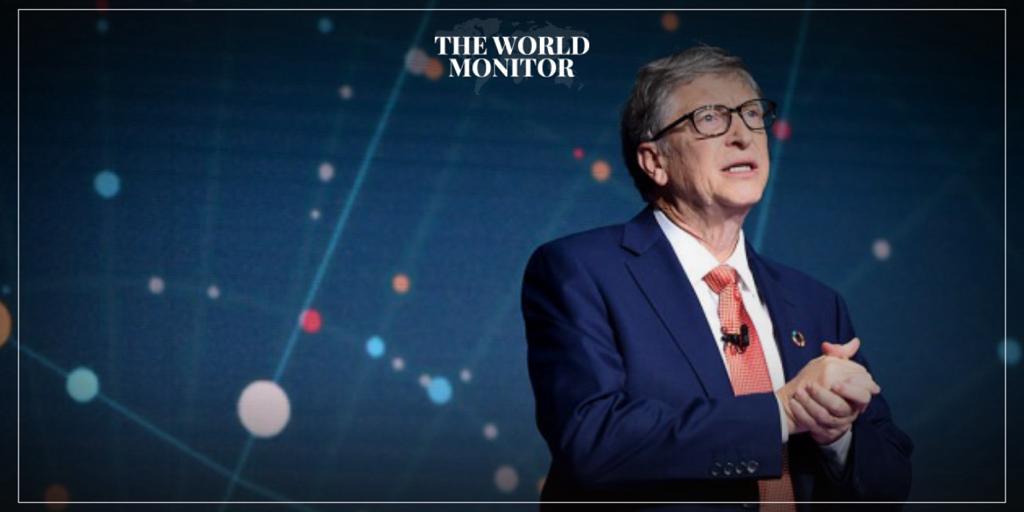Microsoft‘s co-founder, Bill Gates, believes that a three-day workweek could become a reality, thanks to advancements in artificial intelligence (AI).
He envisions a future where machines handle most tasks, reducing human workload.
Gates shared his thoughts on the productivity benefits of AI during an appearance on Trevor Noah’s podcast “What Now?”.
He suggested that AI could eliminate mundane tasks, allowing people to work less. Gates imagines a scenario where working three days a week could be sufficient, with the freed-up time benefiting societal needs like elder care and education.
At 68, Gates, one of the world’s wealthiest individuals, has adopted a philosophical stance on work’s role in life. He suggests that the ultimate goal of life isn’t solely about working.
The impact of AI on the workforce is a topic of debate among leaders. Jamie Dimon, CEO of JPMorgan, predicts a future with a 3.5-day workweek and extended lifespans due to technology.
Elon Musk, speaking with UK Prime Minister Rishi Sunak, mentioned that AI could potentially handle all work, allowing people to work for personal fulfillment.
However, there’s concern about job displacement. Goldman Sachs estimates AI could replace 300 million full-time jobs globally.
IBM’s CEO Arvind Krishna foresees the automation of repetitive tasks but believes this won’t lead to widespread unemployment, citing the internet’s role in creating new jobs.
Contrastingly, Carl Eschenbach, Workday’s co-CEO, argues that increased productivity could reduce the need for workers. This view is echoed by Suumit Shah, CEO of Duukan in India, who replaced 90% of his workforce with AI.
Indeed, the employment platform, recently laid off staff in its recruitment department but not in its AI division, with plans to develop “cyborg” recruiters that combine human and AI capabilities.






